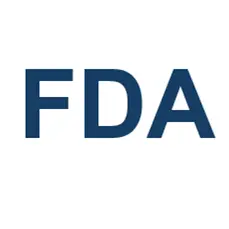Vitamin B1 (thiamin hydrochloride) is the hydrochloride salt form of thiamine and is a vitamin essential for aerobic metabolism, cell growth, transmission of nerve impulses and acetylcholine synthesis. Vitamin B1 can be used as a nutrient in foods.
Vitamin B1 (Thiamin Hydrochloride)
Found In
- Beans
- Beverages
- Meats
- Nuts
- Peas
- Whole-grain and enriched cereals
Also Known As
- Aneurine Hydrochloride
- Thiamine Hydrochloride
- Vitamin B1 Hydrochloride
The Beverage Bottom Line
Vitamin B1 (thiamin hydrochloride) is authorized for use in the U.S., Europe and Canada.
This ingredient may have authorizations in countries not included on this site.
International Assessments and Authorizations

U.S. Food And Drug Administration (FDA)
Affirmation by FDA this ingredient is generally recognized as safe as a direct human food ingredient. (GRAS FDA-Affirmed)

Health Canada
Safe for intended uses. Vitamin B1 (thiamine hydrochloride) is permitted as a supplemental ingredient.
In 2006, dietary reference intakes for thiamin were reviewed by the National Academies of Sciences, Engineering and Medicine.
This page was last updated on 9/9/2025.


